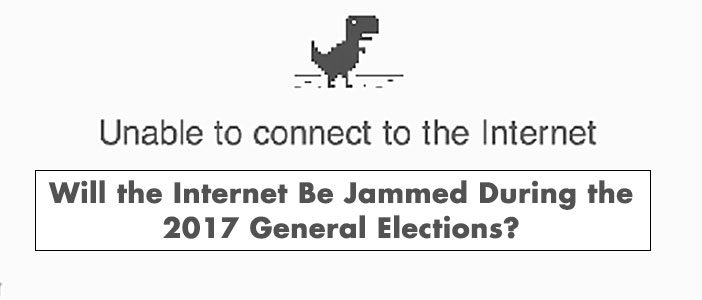The next General Elections in Kenya are approaching and they are approaching fast and tongues are already wagging about the event.
The Coalition for Reforms and Democracy which is still in the process of forming another ‘super’ alliance has indicated that the elections will be a do or die exercise with no acceptance of the outcome if the process will not be free, transparent and fair.
The debate is already ragging about the ploy of both the ruling party, Jubilee, and the opposition, CORD, planning to rig the next General Elections. Already President Uhuru Kenyatta, during the 53rd Jamhuri Celebrations, said that some foreign powers were in the country in disguise of issuing civic education but their real intention is to influence the outcome of 2017 elections.
Seven days after the utterances by the President, a US based organization, International Foundation for Electoral Systems, IFES, under USAID and which has been operating in the country for more than a decade was suspended, its bank accounts frozen on allegations that it was in the country illegally. Some say that the Jubilee administration is in a panicking mode.
The United States of America Ambassador to Kenya Robert F Godec has already issued a statement saying that the United States was disappointed by the move to suspend the activities of IFES by the government of Kenya saying that the organization is legally registered in the country. he said the United States has no intentions whatsoever to interfere with the electoral process in Kenya.
On Tuesday 20th December 2016, there was a showdown in the National Assembly. Members of parliament both from the ruling party, Jubilee, and the opposition, CORD, went for each other’s throat during a special sitting where they had been recalled to discuss an act of the transmission of electoral results during the next General Elections in the Electoral Law (Amendment) Act 2016.
The legislators allied to the ruling party want the act to be amended to allow manual transmission of results as opposed to the electronic transmission after the Independent Electoral and Boundaries Commission, IEBC, said that 10 percent of the country is not covered with the internet and that that will affect the transmission of the results.
Members of Parliament allied to the opposition, CORD, want the Act to remain the way it is without any changes saying that the ploy by the Jubilee legislators was part of the scheme to rig the next General Elections and they used ‘all means possible’ including singing, howling and going for the mace to bring the sitting to an end.
What came out as strange during the session was the jamming of the internet within parliament making it difficult for Journalists to channel information outside parliament and for Members of Parliament to communicate. The jamming of the internet has left some quarters worried about the upcoming general elections. Will the internet across the country be jammed during the next general elections?
Some African presidents like Yoweri Kaguta Museveni of Uganda and Yahya Jammeh of Gambia have, during elections in their countries disabled internet as well as calls to keep people off from communicating and accessing the internet especially for the young generation. Could the current government of Kenya be thinking of doing the same in 2017?
Related: Cyber Threat is Real in Kenya as Number of Internet Users Surge
